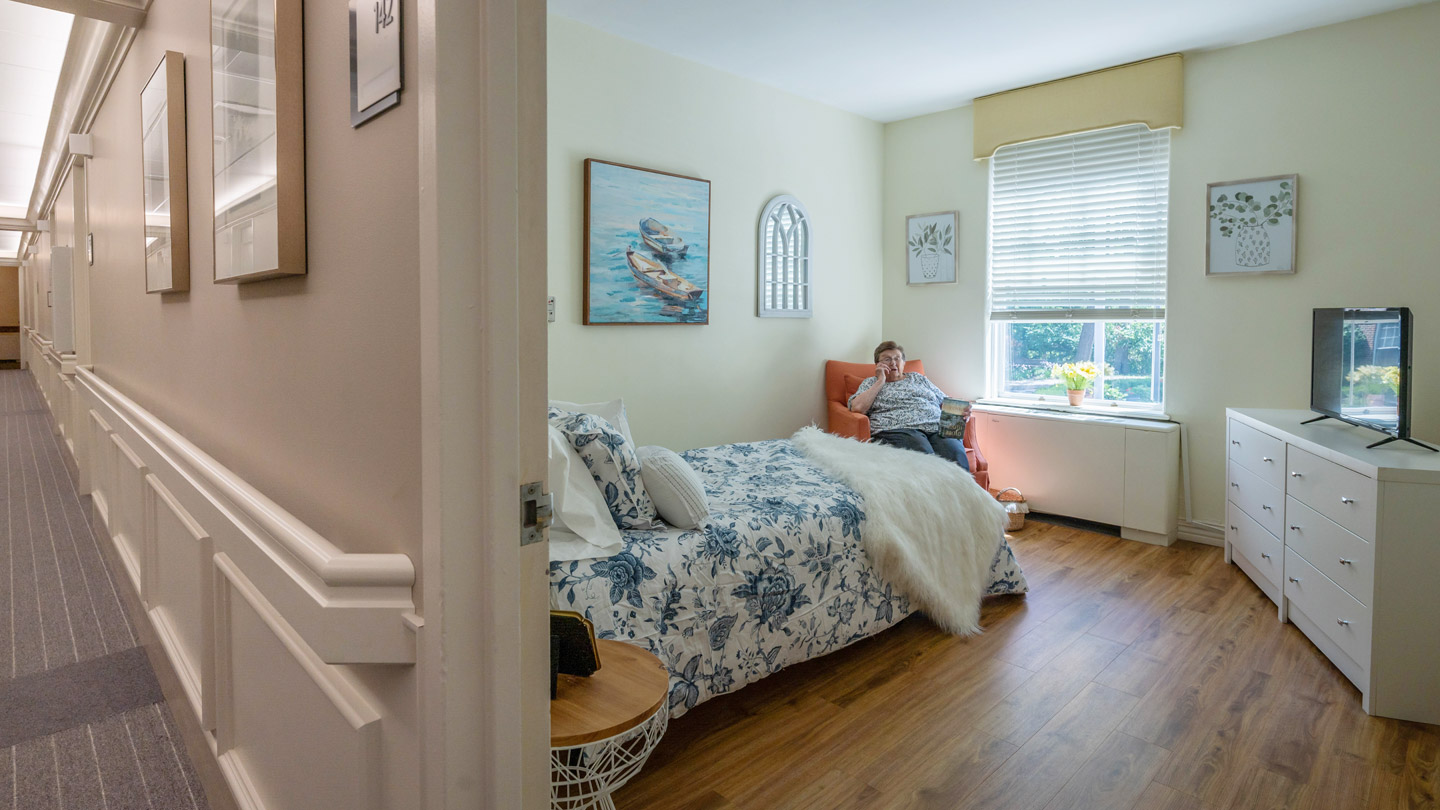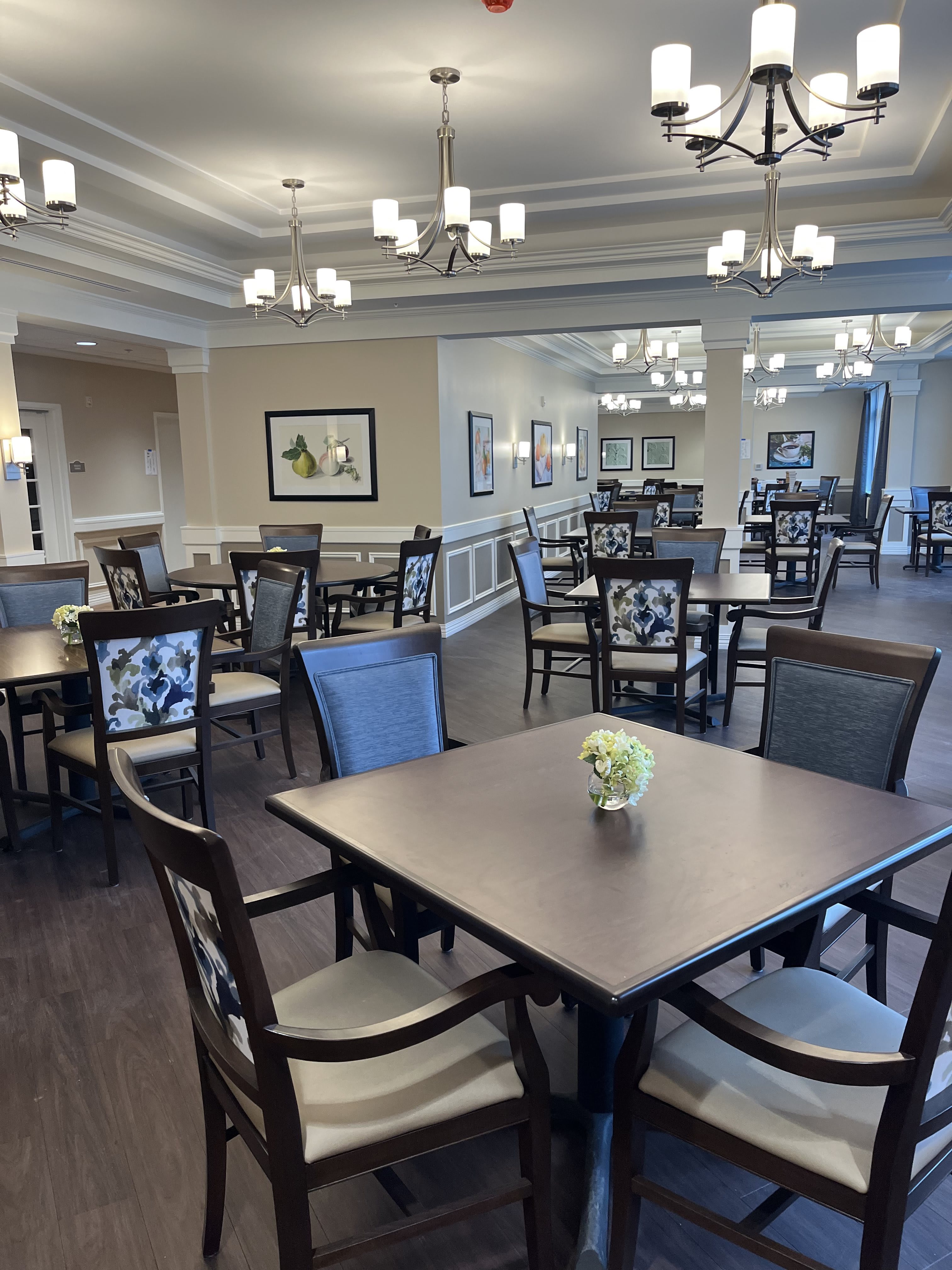Explore Charlotte Memory Care: Devoted to Elder Health and Wellness
Explore Charlotte Memory Care: Devoted to Elder Health and Wellness
Blog Article
Creating a Safe and Supportive Setting: In-Home Memory Care Essentials
Developing a safe and nurturing environment for people needing at home memory care is paramount to their health and high quality of life. From ensuring safety and security within the living space to employing reliable interaction techniques and applying memory-friendly style components, there are essential parts that contribute to an all natural care approach. By concentrating on creating a helpful ecosystem that provides to the unique demands of those with memory impairments, caretakers can significantly improve the day-to-day experiences of their loved ones.

Safe Living Atmosphere
Producing a hazard-free and safe and secure living setting is extremely important when offering in-home memory care for individuals with cognitive disabilities. Guaranteeing the security of the private with memory loss is critical to protect against crashes and advertise a feeling of health.
Additionally, making use of innovation such as motion sensing units and alarms can signal caregivers if the individual wanders or is in distress. By focusing on safety and security procedures and removing possible hazards, caretakers can provide a safe and secure and supportive environment for individuals with cognitive disabilities receiving at home memory care.
Effective Communication Techniques
Executing customized interaction techniques is crucial in promoting purposeful interactions with people with cognitive impairments in the context of in-home memory care. Efficient interaction plays an essential duty in creating a helpful setting that enhances the wellness and high quality of life for individuals with memory problems. When connecting with a person experiencing cognitive decline, it is very important to use clear and straightforward language, maintain a calmness and favorable tone, and give aesthetic hints to help understanding.
One trick strategy is to practice energetic listening, revealing compassion, patience, and respect during conversations. Non-verbal hints such as faces and body language can likewise assist communicate understanding and assistance. In addition, using reminiscence therapy by making use of or reviewing previous experiences songs and art can touch right into long-term memories, stimulating and triggering connections involvement.
Additionally, integrating normal regimens and constant interaction patterns can offer a feeling of familiarity and safety for individuals with memory disabilities. By executing these communication strategies, caregivers can establish meaningful links and advertise a sense of comfort and count on the in-home memory care setup.
Memory-Friendly Layout
Provided the importance of developing an encouraging setting for people with memory problems through reliable interaction approaches, the consolidation of memory-friendly design elements in the living room ends up being essential in enhancing their day-to-day experiences and total wellness. Memory-friendly design concentrates on improving safety, convenience, and self-reliance for people with cognitive additional reading disabilities. Easy modifications can make a significant distinction, such as using contrasting shades to enhance presence and minimize confusion, including clear signage to assist navigation, and decreasing clutter to prevent sensory overload.
Incorporating familiar elements from the individual's past, such as personal photos or favorite products, can stimulate favorable memories and develop a feeling of knowledge. By integrating check it out these memory-friendly design elements, caregivers can offer a helpful and risk-free living area that allows individuals with memory problems to maintain their freedom and quality of life. Charlotte Memory Care.
Daily Routine Planning
When creating an everyday regimen for people with memory problems, mindful planning is important to sustain their cognitive function and general well-being. Developing a structured timetable can assist lower disorientation, complication, and anxiety usually experienced by those with memory disabilities.
Flexibility is key, as some days may call for adjustments based on the individual's state of mind and power degrees. Routinely reviewing and adjusting the day-to-day timetable will certainly aid guarantee its performance in advertising a calming and favorable setting for people with memory difficulties.
Support Group Application
Establishing a durable network of supportive people plays a pivotal role in boosting the top quality of treatment and wellness for individuals requiring memory assistance. Relative, good friends, health care specialists, and neighborhood resources can all contribute to creating a solid assistance system. Interaction amongst these individuals is vital to guarantee that the needs of the specific with memory difficulties are fulfilled successfully.
Relative are frequently the primary caretakers and develop the backbone of the support group. They provide day-to-day care, psychological support, and friendship. When needed to stop burnout and make sure the ideal possible treatment for their loved one., it is vital for household members to look for assistance and respite.
In enhancement to family support, including medical care professionals such as physicians, registered informative post nurses, and therapists can provide specific treatment and support. These specialists can offer valuable insights, clinical suggestions, and assistance in managing the individual's condition.

Final Thought
Finally, creating a supportive and safe environment for individuals with memory treatment requirements is essential for their wellness. By establishing a safe living atmosphere, using reliable communication strategies, incorporating memory-friendly design components, intending day-to-day regimens, and applying a solid assistance system, caregivers can help improve the lifestyle for those with amnesia. These crucial parts collaborate to create a nurturing and empowering setting that advertises freedom and improves general quality of life.
Creating a hazard-free and safe and secure living atmosphere is critical when offering in-home memory treatment for individuals with cognitive impairments. By focusing on security steps and removing potential risks, caregivers can provide a supportive and secure environment for people with cognitive impairments obtaining at home memory care.
Establishing a durable network of helpful individuals plays a crucial function in boosting the high quality of treatment and wellness for people requiring memory assistance - Charlotte Memory Care. Communication amongst these individuals is necessary to make certain that the requirements of the private with memory challenges are satisfied effectively

Report this page